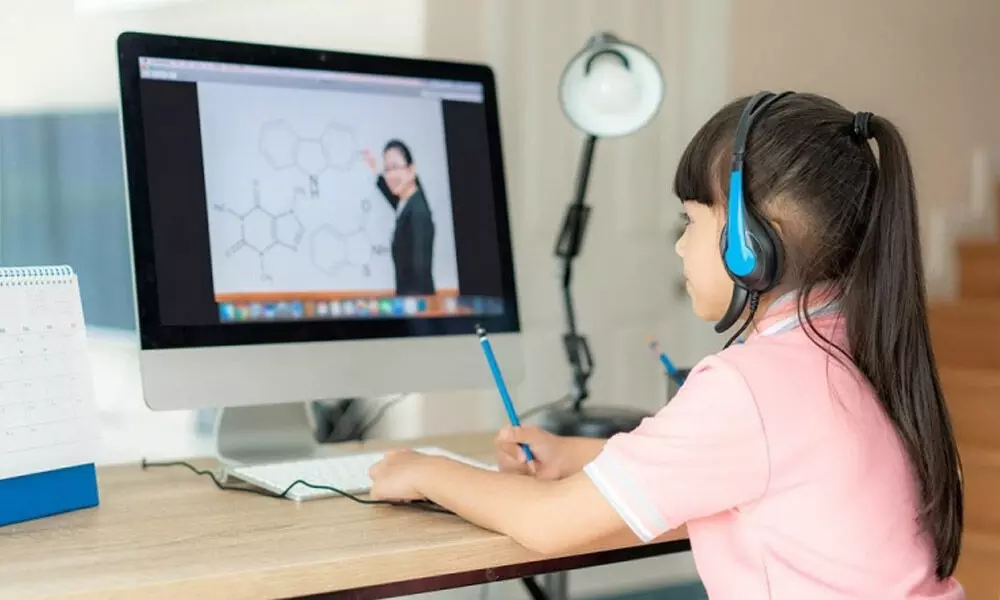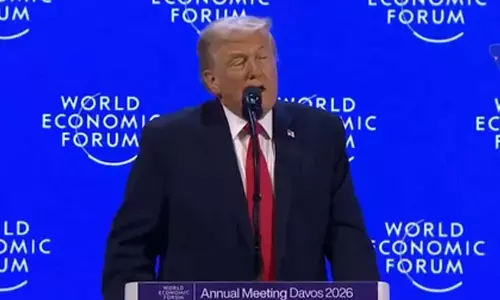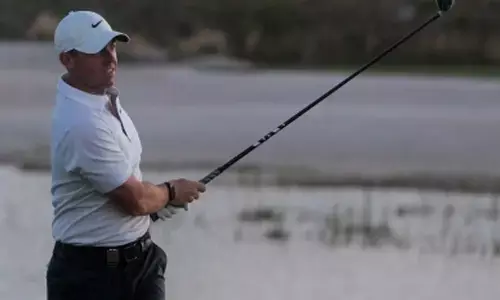Will our children lose the ability to learn?

Will our children lose the ability to learn?
School closure due to the Covid-19 pandemic has led to complete disconnect from education for the vast majority of children or inadequate alternatives like community based classes or poor options in the form of online education, including mobile phone-based learning
School closure due to the Covid-19 pandemic has led to complete disconnect from education for the vast majority of children or inadequate alternatives like community based classes or poor options in the form of online education, including mobile phone-based learning. One complete academic year has elapsed in this manner, with almost no or little curricular learning in the current class.
But more alarming is the fact that the students are losing their foundational abilities. The report rightly suggests multiple strategies to be adopted with rigorous implementation to compensate for this overall loss of learning when schools reopen. This study, undertaken in January 2021 by the Azim Premji University reveals the extent and nature of the 'forgetting/ regression' kind of learning loss among children in public schools across primary classes because of school closure.
The study covered 16,067 children in 1137 public schools in 44 districts across five States. It focused on the assessment of four specific abilities each in language and mathematics, across classes II-VI. These four specific abilities for each grade were chosen because these are among the abilities for all subsequent learning – across subjects – and so the loss of any one of these would have very serious consequences on all further learning. The approach was methodical and scientific.
An assessment of the learning levels of children when schools closed as well as their current status was necessary to understand any such regression. The former was best done through teachers who have been deeply engaged with their learners, and thus had a reliable assessment of children's abilities, when schools closed in March 2020. Therefore, this baseline assessment of children's learning levels, i.e. where they were assessed on specific abilities in language and mathematics when schools closed, was done based on a comprehensive analysis by the relevant teachers, aided by appropriate assessment tools.
These are referred to as specific abilities in the document. 'End-line' was the assessment of the same children's proficiency on these very same abilities in January 2021, which was done by administering oral and written tests. Key findings suggest that 92 per cent of children on an average have lost at least one specific language ability from the previous year across all classes. Again 92 per cent of children in class 2, 89 per cent in class 3, 90 per cent in class 4, 95 per cent in class 5, and 93 per cent in class 6 have lost at least one specific ability from the previous year. About 82 per cent of children on an average have lost at least one specific mathematical ability from the previous year across all classes.
Situation is such that even identifying single and double digits is lost to them. If governments' discriminatory policies had affected the poor and the marginalised all these years in various forms, neglect of the education sector is all set to affect the future of the kids from these sections deeply. The extent and nature of learning loss is serious enough to warrant action at all levels. Policy and processes to identify and address this loss are necessary as children return to schools.
Supplemental support, whether in the form of bridge courses, extended hours, community-based engagements and appropriate curricular materials to help children gain the foundational abilities when they return to school will be needed. Do the governments' have time for all these?














